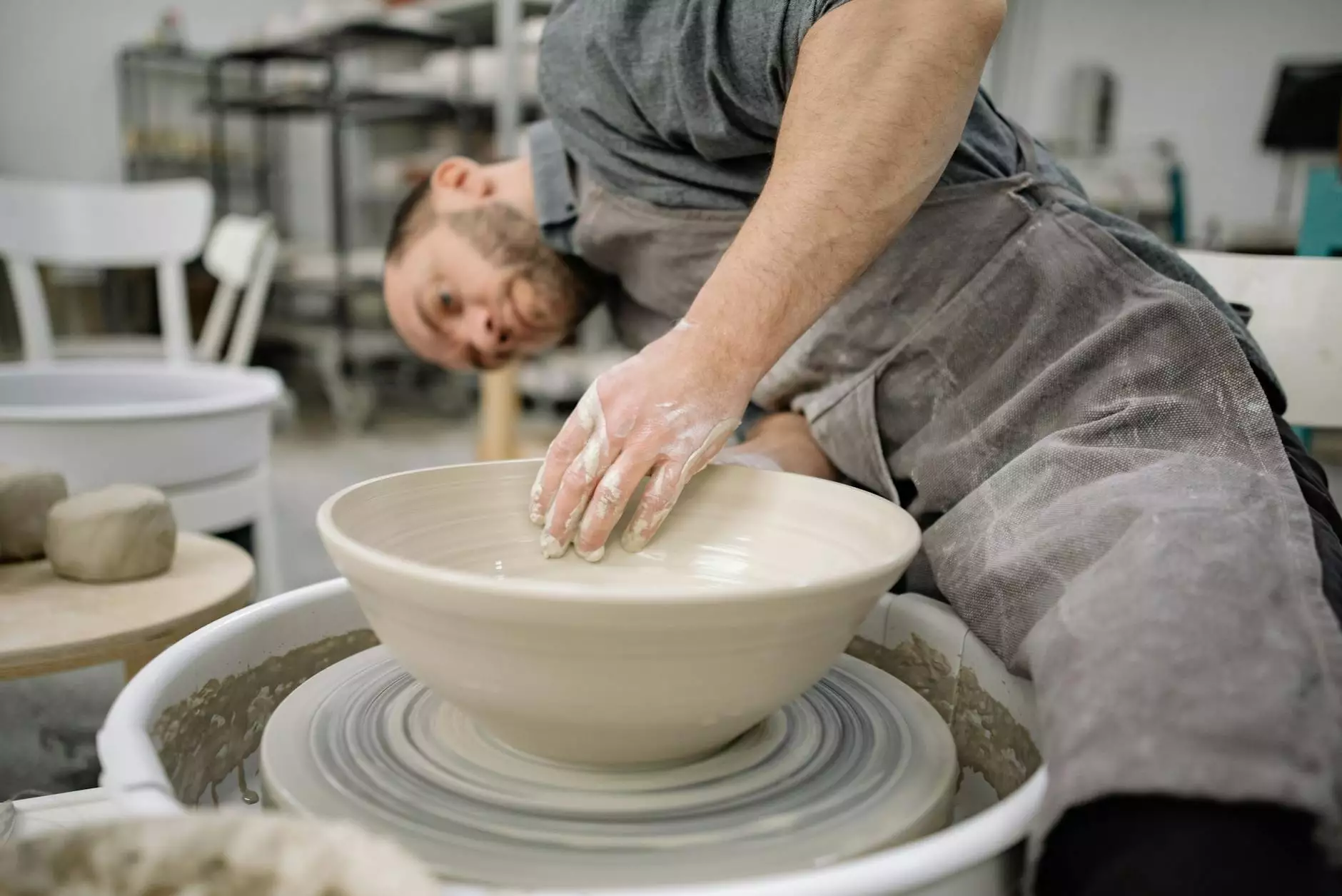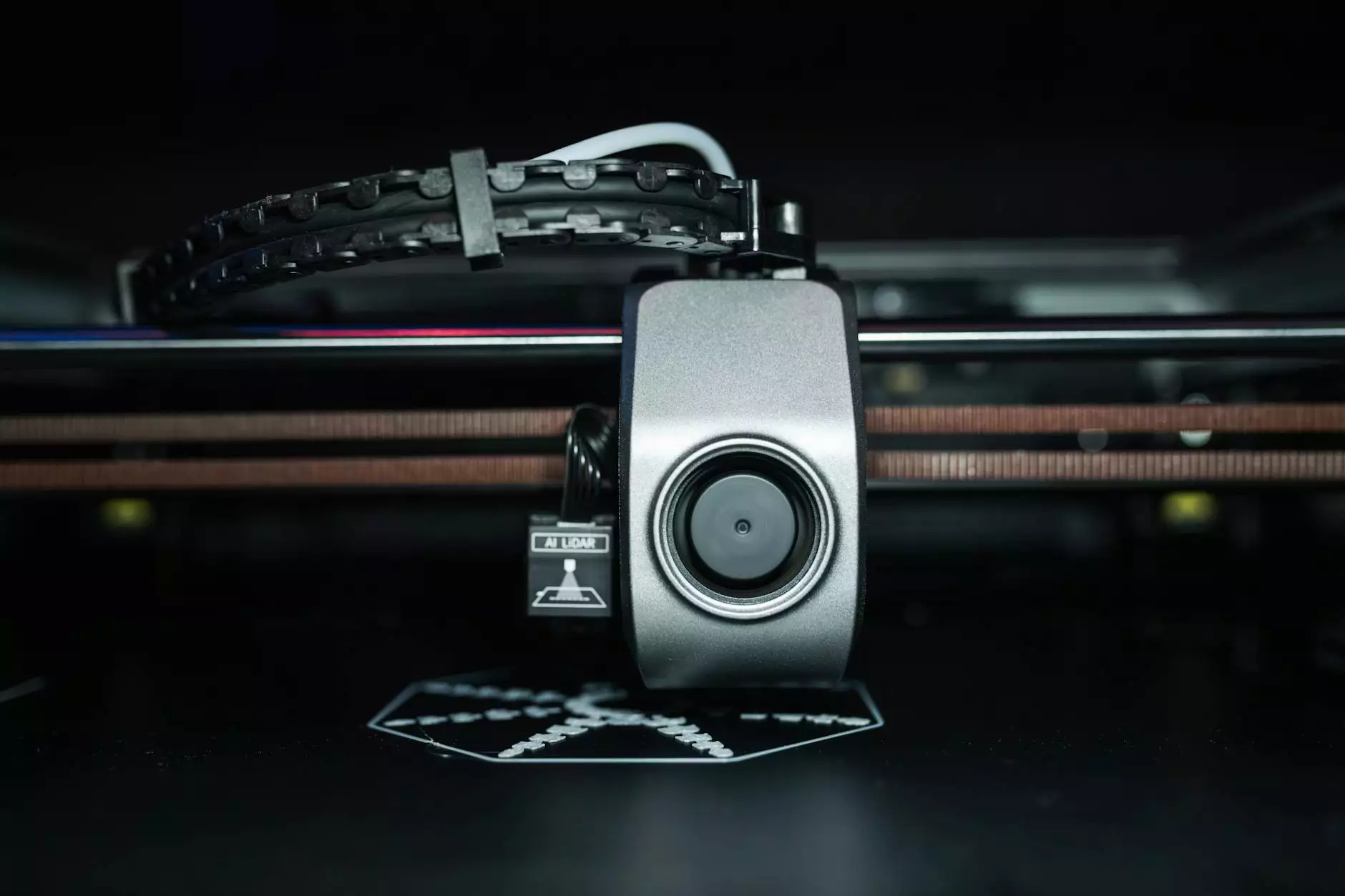Understanding Precision Molds in Metal Fabrication

In the ever-evolving world of metal fabrication, precision is key. Each component plays a crucial role in determining the quality and effectiveness of the final product. Among various techniques and tools, the concept of a precision mold stands out for its significant impact on the manufacturing process.
What is a Precision Mold?
A precision mold is a manufacturing tool used to shape materials into a specific form with high accuracy. These molds are integral to processes such as injection molding, blow molding, and die casting. The energy and precision required in creating these molds directly affect the quality and performance of the products manufactured.
The Importance of Precision Molding in Metal Fabrication
Precision molding is critical for several reasons:
- Accuracy: Provides consistent dimensions for each part manufactured.
- Cost-effectiveness: Reduces waste material and production costs.
- Durability: Increases the lifespan of the final product, leading to higher customer satisfaction.
- Flexibility: Enables the production of different shapes and sizes without the need for multiple tools.
Key Materials Used in Precision Molding
In creating precision molds, the choice of materials is paramount. Below are some commonly used materials:
- Steel: Known for its strength and durability, steel molds can withstand high temperatures and pressures.
- Aluminum: Lighter than steel, aluminum molds are favored for prototyping due to their quick turnaround time.
- Nickel Alloys: These materials offer excellent wear resistance and are often used for high-temperature applications.
- Synthetic Materials: Ideal for lower production volumes; they allow for intricate designs without incurring high costs.
Processes Involved in Creating Precision Molds
The creation of precision molds involves several intricate processes:
- Design: The mold's design is pivotal. Using CAD (Computer-Aided Design) software, designers create a 3D model that allows for precise specifications and adjustments.
- Machining: This involves cutting, drilling, and finishing the mold to achieve the required dimensions using CNC (Computer Numerically Controlled) machines.
- Assembly: After individual parts are machined, they are assembled into a complete mold, ensuring all components fit together perfectly.
- Testing: Prior to production, molds undergo rigorous testing to ensure they meet the necessary standards for quality and performance.
Applications of Precision Molds in Various Industries
Precision molds find applications across various industries, including:
- Aerospace: Components must meet strict safety and performance standards, making precision molds indispensable.
- Automotive: The automotive industry leverages precision molds to produce parts that require high accuracy, enhancing vehicle reliability and safety.
- Medical Devices: The production of medical instruments requires precision molds to ensure functionality and compliance with health regulations.
- Consumer Goods: From electronics to kitchenware, precision molds help create high-quality products that meet consumer expectations.
The Advantages of Using Precision Molds
Investing in precision molds comes with a multitude of benefits:
- Enhanced Quality: Elevated standards in product quality lead to improved customer trust and loyalty.
- Increased Efficiency: Precision molds streamline the production process, allowing for faster turnaround times and reduced labor costs.
- Better Performance: Products manufactured with high precision perform better and have less variability, which is crucial for many applications.
- Scalability: Once established, the use of precision molds allows manufacturers to scale up production without compromising quality.
Challenges in Precision Mold Manufacturing
While the advantages are numerous, there are challenges to consider when working with precision molds:
- High Initial Costs: The upfront investment in precision tooling can be significant.
- Technical Expertise: Requires skilled personnel who understand both the design and operation of complex machinery.
- Maintenance: Precision molds need regular upkeep to maintain their performance levels, which can add to costs.
- Material Limitations: Not all materials are suitable for precision molding processes, which can limit options depending on project needs.
Future Trends in Precision Mold Technology
The landscape of precision molding is continually changing with advancements in technology. Some noteworthy trends include:
- 3D Printing: Innovations in additive manufacturing are enabling the creation of molds with intricate designs that were previously impossible.
- Smart Manufacturing: The integration of IoT devices in manufacturing processes allows for real-time monitoring and optimization.
- Sustainable Materials: An increased focus on sustainability is driving the use of eco-friendly materials in mold production.
- Automation: Automated processes are becoming more common, enhancing precision and reducing human error.
Choosing the Right Precision Mold Manufacturer
When selecting a manufacturer for precision molds, consider the following:
- Experience: Look for manufacturers with a proven track record in your industry.
- Technology and Equipment: Ensure they use the latest technology for mold design and production.
- Quality Assurance: Investigate their quality control processes to guarantee reliability and performance.
- Customer Support: A manufacturer that offers excellent after-sales service can significantly enhance your production experience.
Conclusion: The Role of Precision Mold in Metal Fabrication
In summary, precision molds represent a cornerstone of effective and efficient metal fabrication. Businesses that harness the power of precision molding can significantly enhance their product offerings, streamline production processes, and ultimately achieve greater customer satisfaction. As technology continues to advance, the potential applications and benefits of precision molds will only grow, making them an invaluable tool in the modern manufacturing landscape. For further insights and industry-leading solutions in metal fabrication, explore deepmould.net.









